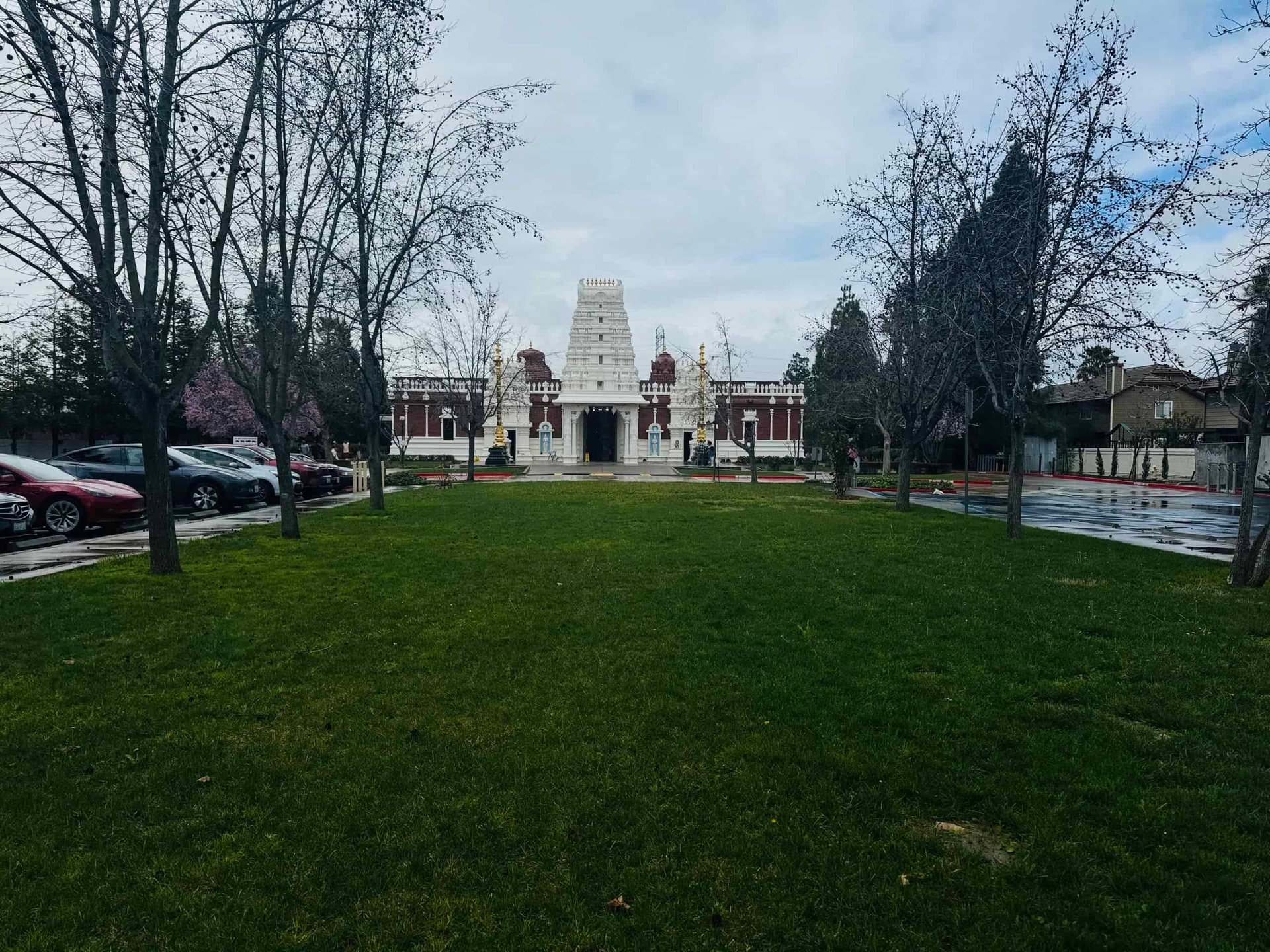As someone who loves swanky hotels, that last bit is going to be hard to follow. Maybe later on that one.
Opinion
Comment
When did travelling overseas stop being an adventure?
Shoba Narayan
March 25, 2014 Updated: March 25, 2014 18:45:00
The holiday season is approaching in India. Many of my friends are making travel plans for trips to all corners of the globe. It is incredible how easy it now is to book tickets, rooms, cars and plays on the other side of the world. It is a far cry from times gone by when arranging travel was a far more difficult operation.
When I was young, one of the things that used to amuse and irritate me was the amount of preparation that my grandparents did before embarking on a trip. This had nothing to do with packing or planning. It happened much before that. They would look at omens, good days and bad, and what seemed like an increasingly complicated set of superstitious reasons before even getting to the stage of buying tickets. For example, Hindu custom dictates that it is not good to embark on a journey on the eighth and ninth days of the waxing moon. It suggests that you cannot travel south on certain days of the calendar. My grandfather took all these into consideration when planning a trip. It was a nightmare for those of us entrusted with buying his tickets. We would have to sit at the ticket counter and go back-and-forth many times until he got the flight timing, time of day and direction of the flight, completely correct.
Travel is something that most of us now take for granted. It is something that we do as a matter of course – a functional, utilitarian activity that is part of modern life. Even travelling with children is made easy through websites populated with photographs of the sites you will see and the sounds you will hear.
This is quite different from how it used to be for our grandparents and their peers. Even 50 years ago, travel was viewed as an adventure. It was fraught with uncertainty and you did what you could to minimise the chances of an accident. When viewed through this prism, my grandfather’s elaborate machinations to control the date and time of departure can be seen as his attempt at taking precautions – an older version of procuring travel insurance, if you will.
I think of this as I plan a family holiday. I want to give my children the sense of anticipation that gripped my cousins and I before we went on holiday. Trip-planning websites have made it easy for travellers but they have also robbed the trip of its glamour. When we land in Muscat (as I recently did) or Valencia (where I plan to go), it is almost as if I am revisiting the place, given that I have researched the sights and seen their photographs even before getting out of the airport. How then to return to the time when travel was full of possibilities? The only way I can think of is to change your perspective, given that you cannot change the situation.
Travel is not merely a way to go to Barcelona or Bombay for 10 days and tick off a list of sights and sounds. It is not only about traversing physical distances to discover new landscapes or flora and fauna. It is also about discovering a different part of yourself, one that is chiselled away in a new place amid foreign people. Although business trips make mockery of this notion, travel in its original capacity is an adventure that takes us to distant lands.
Ancient culture embraced this adventure with the respect it deserved. They looked for good omens before undertaking journeys. They prepared – mentally and physically – for the journey. They sent letters to friends in advance, announcing their arrival. These days, we stay in impersonal hotels when we go to new towns. We go in and out of cities with no time to connect with old friends or new friends of friends. Thankfully, these things can be changed and I am attempting that on my summer holiday.
I will connect with friends of friends. I will try to meet them and get a local’s perspective. I will travel by boat if possible, even for a short distance. I will walk rather than drive; stay in the heart of old cities rather than swanky hotels at the edge of town. I will, above all, seek adventure.
Shoba Narayan is the author of Return to India: a memoir




Nice resolution! I recently went on a solo trip to Vietnam (17 days) which I planned completely on the net. I stayed in little boutique hotels run by Vietnamese, in the centre of town, walked as much as I could. Being on foot gives you a whole different perspective to the city..you can break journey, stand and gaze or even take off to a different place, to do a different thing. I spoke with my young Vietnamese guides (university students), the receptionists at hotels, the lady who gave me a pedicure, taxi drivers, anybody who was willing to give me their perspective of their country. I ate when and where I felt like. And tried to be as adventurous as I could at age sixty three :) tried Kayaking, travelled by boat on every river that I came across, got Vietnamese silks tailored, ate their cuisine. This trip was planned in reaction to an earlier and my first group tour ever where we were shepherded around and spent most of our time travelling from place to place and bussing around from sight to sight. This was my most fun trip ever!
Wow, Usha. You are amazing. Thanks for writing.